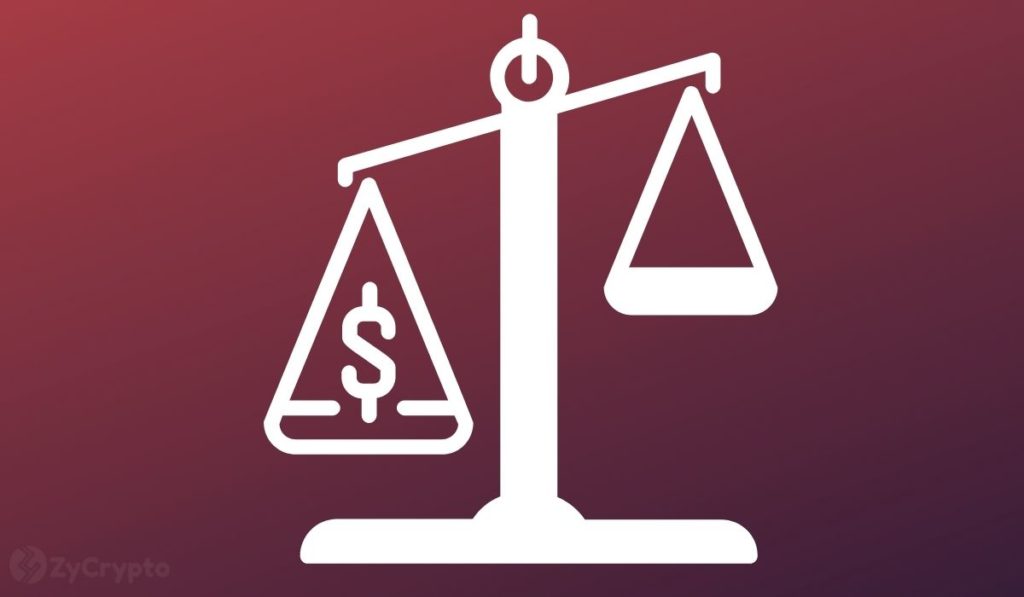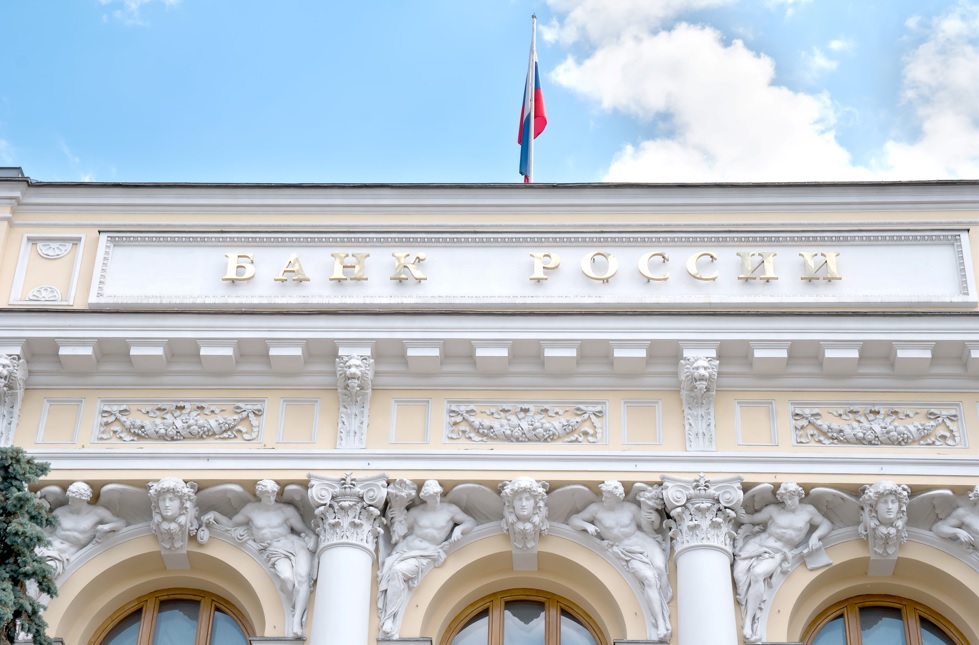
2025-1-10 08:49 |
Russia has begun liquidating a significant Bitcoin haul seized during its investigation into the Infraud hacker group, a move that could mark a turning point in how the country manages confiscated crypto assets.
The sale, initially involving almost $10 million worth of Bitcoin, is the first step in converting a total of BTC 1,032.1 into fiat currency, as per a Russian media website.
The decision underscores Russia’s increasing engagement with cryptocurrencies in the legal and financial sectors, even as legal complexities slow down the process.
Legal battles over Bitcoin ownershipThe Bitcoin stash comes from the conviction of Marat Tambiev, a former Russian Investigative Committee investigator, who was found guilty in 2023 of accepting BTC 1,032.1 as a bribe from the Infraud hacker group.
This massive haul was seized from Tambiev’s computers and storage devices, making it the largest Bitcoin seizure in Russia to date.
Tambiev was sentenced to 16 years in a maximum-security penal colony and fined 500 million rubles ($5 million).
Selling the entire stash has proven to be a legal maze. Tambiev reportedly divided the Bitcoin into smaller wallets, requiring separate court rulings to access each tranche.
Prosecutors suspect that some of the digital assets may have been passed to Tambiev’s family, further complicating recovery efforts.
In late 2024, the Russian Prosecutor-General filed additional cases targeting Tambiev’s relatives and their assets, aiming to expand the state’s claim over his ill-gotten wealth.
The drawn-out legal proceedings highlight the challenges of liquidating decentralised assets in criminal cases, especially when ownership is obscured by blockchain’s pseudonymous nature.
Crypto bribery under scrutinyThe case has also spotlighted a troubling trend of cryptocurrency being used for bribery and corruption in Russia.
Between 2020 and 2022, Tambiev accepted Bitcoin bribes to help Infraud evade police investigations and conceal crypto holdings worth 14 billion rubles ($137 million).
Other officials have been implicated in similar cases, including Kristina Lyakhovenko, another former investigator, who was sentenced to nine years for accepting bribes.
Meanwhile, Dmitry Gubin, a former deputy head of the investigative department for Moscow’s Tverskoy District, remains at large after fleeing authorities.
The growing prevalence of crypto-based bribery reflects a broader shift towards “non-cash” transactions in criminal activity.
Experts like Marina Odintsova, head of the Kirov branch of the Association of Lawyers of Russia, have noted a significant rise in the use of digital currencies for illicit purposes, posing new challenges for law enforcement.
Implications for Russia’s crypto policyRussia’s decision to sell the confiscated Bitcoin highlights its evolving stance on cryptocurrencies.
Traditionally sceptical of digital assets, the Kremlin has recently signalled openness to leveraging them, particularly as sanctions limit access to international financial systems.
The current sell-off could set a precedent for how seized digital assets are managed and integrated into state coffers.
This approach raises questions about regulatory oversight and potential misuse.
While the sale helps liquidate untraceable assets, critics argue it could inadvertently legitimise the state’s involvement in crypto markets, further complicating Russia’s regulatory landscape.
The post Russia reportedly starts selling 1,032 BTC from crypto corruption case appeared first on Invezz
origin »Bitcoin price in Telegram @btc_price_every_hour
Emerald Crypto (EMD) на Currencies.ru
|
|




















